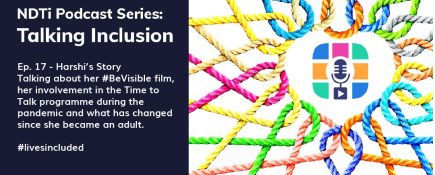
Talking Inclusion Ep.17: Harshi's Story
Talking about her #BeVisible film, her involvement with the Time to Talk Programme during the pandemic and what has changed for her since becoming an adult.

Talking about her #BeVisible film, her involvement with the Time to Talk Programme during the pandemic and what has changed for her since becoming an adult.
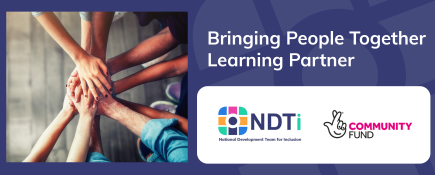
The National Development Team for Inclusion was delighted to be the Learning Partner for the Bringing People Together programme, funded by the National Lottery Community Fund, the largest funder of community activity in the UK.

The National Development Team for Inclusion is the evaluation and learning partner for the Premier League Primary Stars Programme.
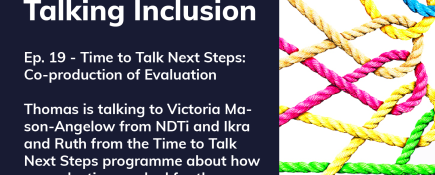
Victoria Mason-Angelow from NDTi and Ikra and Ruth from Time to Talk Next Steps programme discuss how coproduction worked for them.
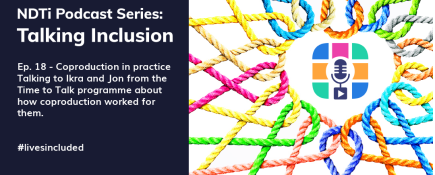
Talking with Ikra and Jon about their experiences of coproduction on the Time to Talk programme.

NDTi has produced two reports, funded by iHub part of Healthcare Improvement Scotland. Each report is on a different area of implementing community led support.
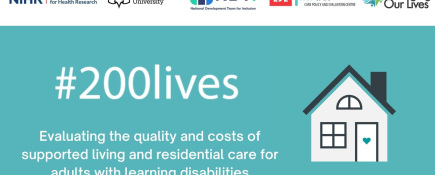
The National Institute for Health Research funded Manchester Metropolitan University in partnership with National Development Team for Inclusion, London School of Economics and Changing Our Lives to do this research. This project has now come...
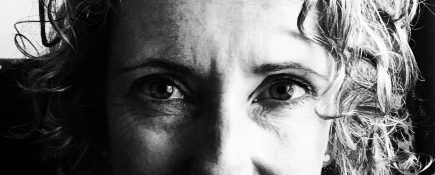
Kate is an experienced local authority social care commissioner and leader with a deep interest in community-led support and person-centred approaches.

I have worked across children and adult’s services for over twenty years; I've championed self-determination and self-directed support for all in need of support from the earliest days of individual budgets.
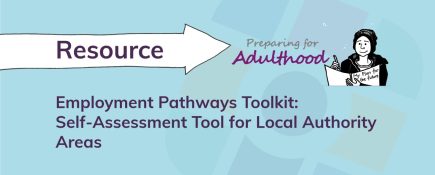
A toolkit to enable local areas to assess the extent of the data being collected on young people’s progress into paid employment.
Page 83 of 116 pages < First ‹ Prev 81 82 83 84 85 Next › Last >
Thank you for taking the time to subscribe.